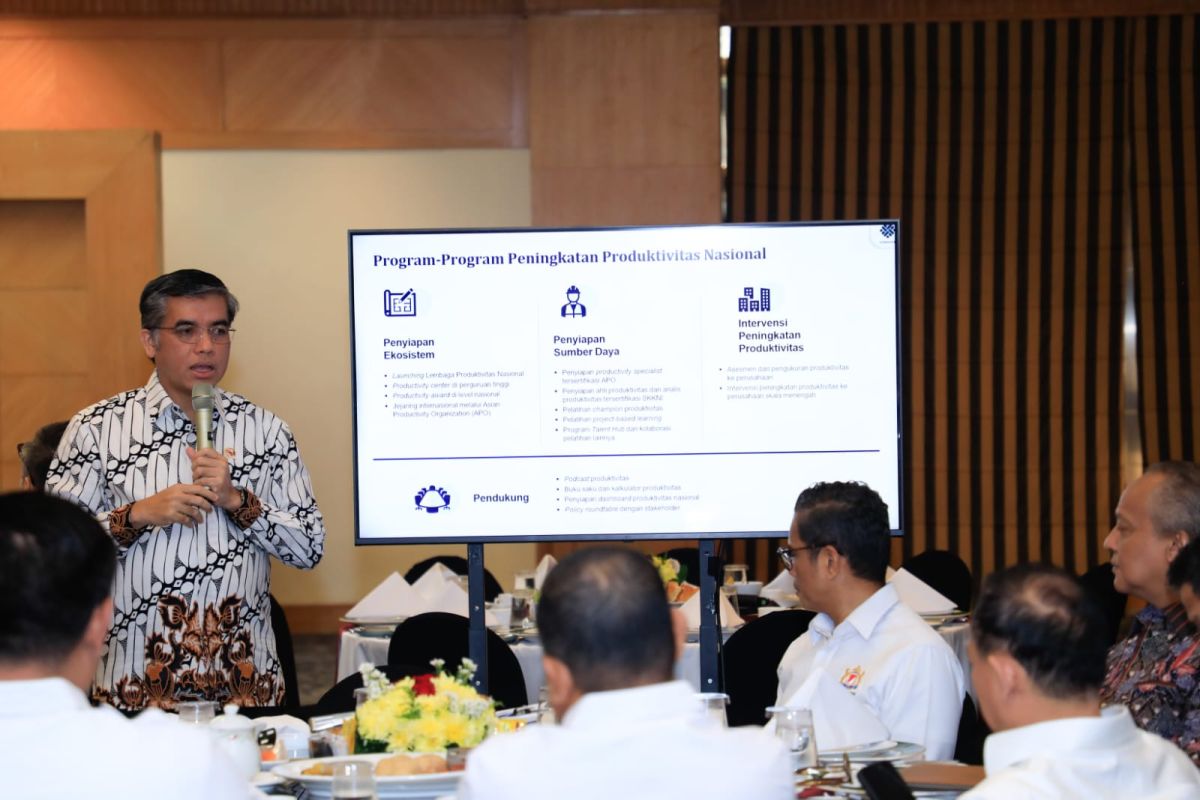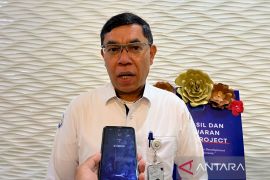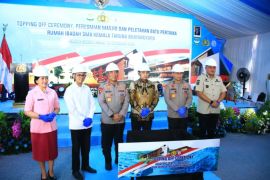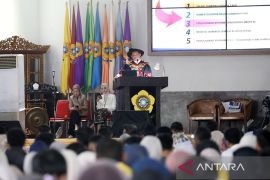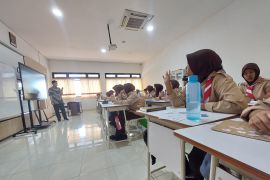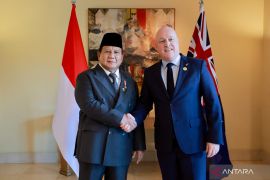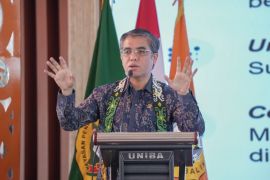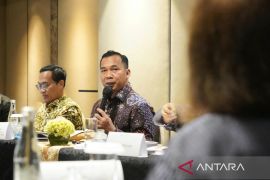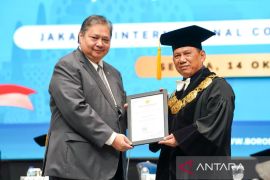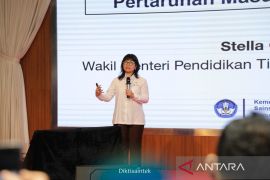In a statement issued by the ministry on Friday, Yassierli underscored that productivity should not be seen merely as a numerical output, but as a reflection of the nation’s work ethic.
“We must continuously improve quality, enhance efficiency and effectiveness, and pursue sustainable value creation,” he said during the Chamber of Commerce and Industry (Kadin) Monthly Economic Diplomatic Breakfast Forum held the same day.
Yassierli outlined several persistent challenges in Indonesia’s labor sector, including the dominance of informal employment, productivity levels below the ASEAN average, and the need for stronger alignment between education, vocational training, and industry demands.
To address these issues, the Manpower Ministry is rolling out a series of initiatives, including the development of a Labor Analytics Dashboard (LAD) to support data-driven policymaking, and the expansion of vocational and productivity training centers (BPVP) across 21 strategic regions.
Additional efforts include cross-ministerial collaboration, partnerships with local governments and development agencies, and programs to promote downstream industrialization, green jobs, and a national internship scheme.
The ministry also plans to establish a National Productivity Institute (LPN) and train internationally certified productivity specialists.
“This movement cannot be driven by the government alone. Businesses, labor unions, academia, and civil society must be actively engaged. It is a shared agenda toward realizing Golden Indonesia 2045,” Yassierli stressed.
He added that enhanced productivity would lead to the creation of quality jobs, increased industrial competitiveness, and inclusive economic growth.
“When productivity improves, worker welfare and business sustainability will follow,” he affirmed.
Translator: Arnidhya, Kenzu
Editor: Aditya Eko Sigit Wicaksono
Copyright © ANTARA 2025
